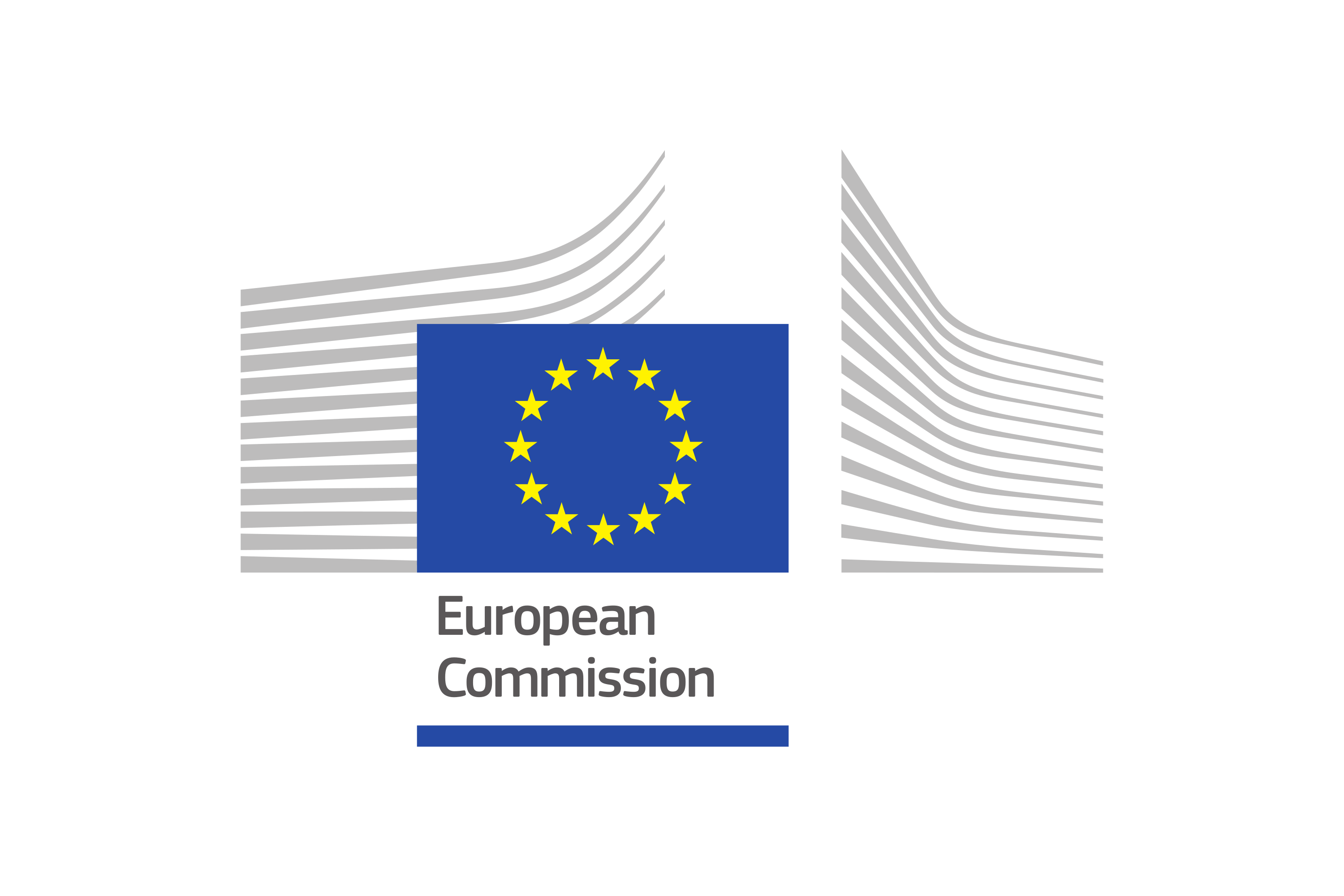
In a number of ecosystems, skills availability is one of the most frequently cited obstacles to investments across the EU negatively impacting the availability of goods and services for example in the advanced manufacturing sector and the construction, energy and tourism ecosystems. The hospitality industry alone is estimated to lack 800 000-1 000 000 workers. (excerpt from the European Commission 2023 Annual Single Market Report)
The Commission has published the 2023 Annual Single Market Report and the 2022 Single Market Scoreboard, as part of activities to mark the 30th anniversary of the Single Market. The reports confirm that the Single Market remains a key tool to address Europe’s current challenges and highlight the importance of continuously improving its functioning, as well as highlighting the Single Market’s impact in terms of increased added value for the EU’s economy.
Both reports will provide input for discussions with Member States on strengthening the Single Market and will inform the Commission’s future work to ensure the Single market meets its full potential in supporting the resilience and competitiveness of the European economy.
The 2023 Annual Single Market Report (ASMR) takes stock of the integration of the Single Market and analyses how it helps Europe to navigate current geopolitical tensions, improve EU competitiveness and support the green and digital transitions of our economy.
The 2022 Single Market Scoreboard shows how the Single Market benefits the EU economy. It provides a detailed overview of how EU Single Market rules were applied across the European Economic Area, with the objective of identifying improvements for the Single Market. The Scoreboard focuses on the progress made in implementing EU law, overall business conditions, integration of the Single Market and other major policy goals like growth and jobs, resilience, digital and green economy.
The key findings of the reports are that:
• A strong Single Market underpins Europe’s ability to tackle key challenges: The 2023 Annual Single Market Report focuses on the need to leverage the power of the Single Market to ensure the availability of critical goods, services, skills, and capital needed for Europe’s twin transitions. It finds that progress is needed in boosting the resilience of supply chains, addressing strategic dependencies, especially for critical raw materials, improving integration in the services market, and ensuring Europe has the technologies and skills to tackle these challenges. The Single Market Scoreboard provides additional evidence on results achieved so far in terms of competitiveness, trade, economic resilience and twin transitions, pointing to areas for possible improvements. These include, for instance, reducing barriers to exercising professions (e.g. legal services) or recognise professional qualifications (e.g. tourist guides) across borders, improving public and private investments, supporting SMEs and pursuing national efforts in support of the twin transitions.
• Strong potential of digital tools and data to improve governance of the Single Market: this year’s Annual Single Market Report highlights how novel approaches, including better use of digital technology and e-government solutions – like, among other the Single Digital Gateway and the Once Only Technical System (OOTS) – will lead to better trust among authorities and reduce the burden for businesses and administrations.
• Single Market brings growing added value to the EU economy: Both the Annual Single Market Report and the Single Market Scoreboard assess the benefits and increased trade between Member States enabled by the Single Market since its creation. The Scoreboard shows growing trade integration after the COVID-19 pandemic: in June 2022 trade within the EU represented 60% of overall EU trade.
• Businesses benefit from better enforcement of rules and general conditions, but difficulties remain: The Scoreboard establishes that the implementation and enforcement of Single Market rules are improving; this is reflected in fewer infringement proceedings against Member States in 2021, a first in 4 years. The Scoreboard also shows better use and application of several essential Single Market tools like the Internal Market Information System, the Single Market Transparency Directive, as well as increased use of the SOLVIT network, which helps prevent or remove obstacles in the Single Market. In addition, businesses across most Member States perceived regulatory burdens to have decreased in 2021 but face increasingly issues around late payments by public authorities, especially due to the impact of the COVID-19 pandemic.
Background
The annual reports prepare the ground by providing background analyses for the Communication “The Single Market at 30”, which will be published by the Commission in the coming weeks.
The Annual Single Market Report was first published accompanying the Update of the Industrial Strategy in May 2021. This analysed the state of play of the European economy and evaluated progress made in delivering the 2020 European Industrial Strategy . Today, the Commission is publishing the third edition of the Annual Single Market Report, which also commemorates the 30th anniversary of the Single Market.
The Single Market Scoreboard was first published in 1997. The 2022 edition of the Single Market Scoreboard includes – next to traditional indicators – new business environment indicators regarding administrative responsiveness and burden of regulation, as well as information on access to services and services markets, labour mobility and access to finance. It also reports on results achieved by the Single Market in terms of growth, employment and social indicators, integration of goods and services, economic resilience, digital and green transitions.







